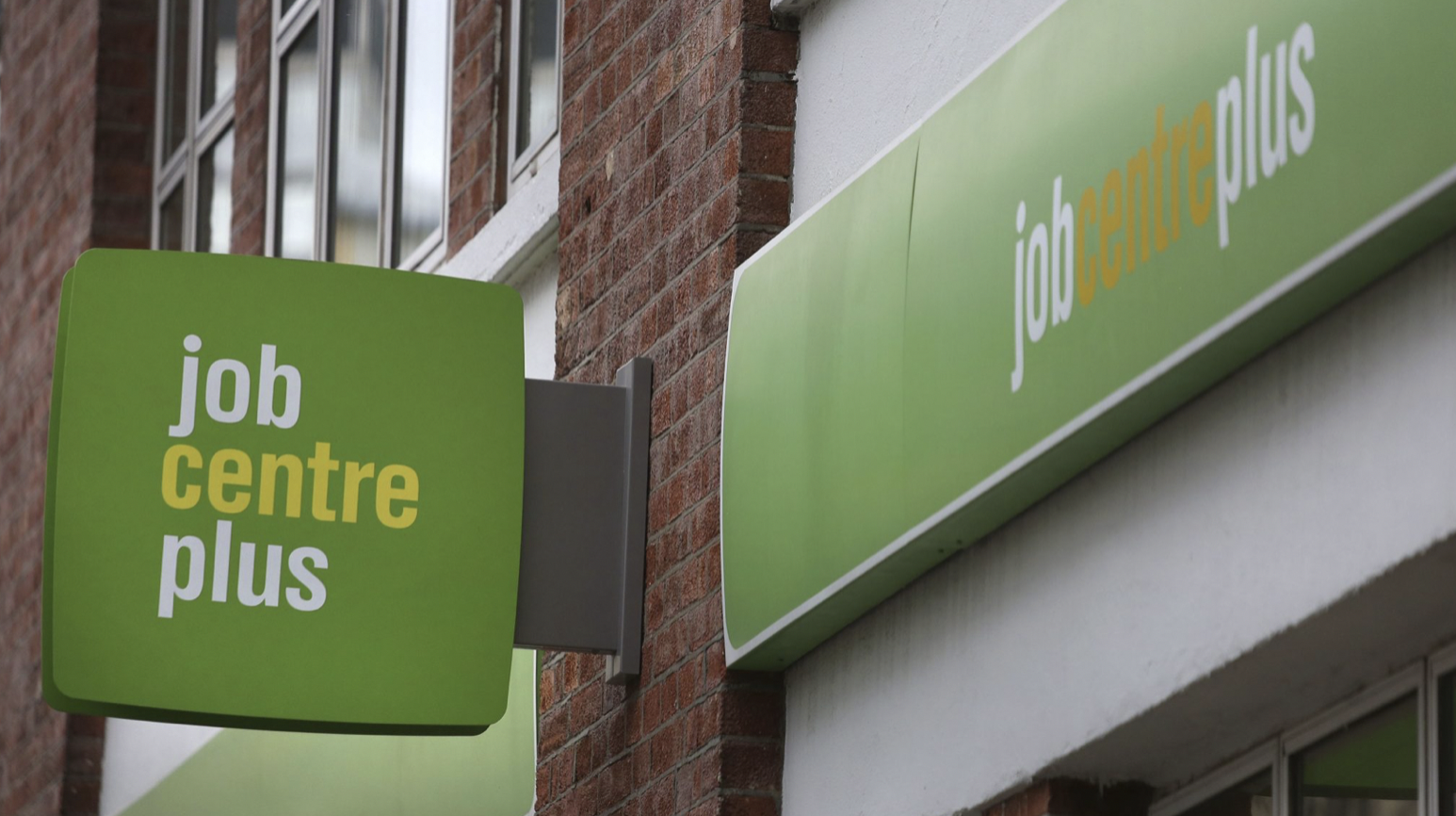Young people have been the most reliant on furlough and will likely be the hardest hit as the scheme comes to an end, according to the Institute of Fiscal Studies (IFS). There are already 50,000 more unemployed people aged 19 to 24 compared to pre-lockdown levels, and the IFS says in a new report that a further 350,000 people in this age bracket may lose their jobs in the coming months as job support money dries up. The Telegraph has the story.
In a new research report, the IFS says the age group saw the biggest increase of any age group in the numbers not working any hours, including those who are furloughed.
The number rose by 25%, or around 400,000 people, from the last quarter of 2019 to the first quarter of 2021 – a significantly higher increase than those seen in older age groups.
The vast majority of those jobs have, so far, been saved by the furlough scheme, with only 50,000 additional 19 to 24 year-olds without any job at all in early 2021 compared with pre-pandemic.
But this means the 19 to 24 year-old age group is especially vulnerable as the furlough scheme is wound down.
At the same time, unlike for older workers, earnings growth among younger employees (aged 19 to 34) who have continued to work has been lower than prior to the pandemic.
This may not have large immediate consequences, but if this ground is not regained then the longer-term effects on their incomes will be significant, said the IFS.
Xiaowei Xu, a Senior Research Economist at IFS and co-author of the report, said: “Young adults have been especially likely to be furloughed during the crisis, though relatively few have completely lost their job.
“Many have responded to this by staying or moving back in with their parents – providing temporary protection for their living standards.
“But we know that shocks early on in people’s careers can have negative effects on their future job prospects. Without effective support, there is a risk that young people today will bear the scars of the recession for years to come.”
It follows previous research by the IFS which found that young workers are twice as likely as older colleagues to have lost their jobs, although graduates were less than half as likely as those without degrees to have fallen out of work.
By the autumn, the number of graduates in paid work had fallen seven per cent, a drop of about 800,000 people, but the number of non-graduates was down by 17%, or 1.5 million, showing the much more severe impact on those with less education.
Worth reading in full.











To join in with the discussion please make a donation to The Daily Sceptic.
Profanity and abuse will be removed and may lead to a permanent ban.